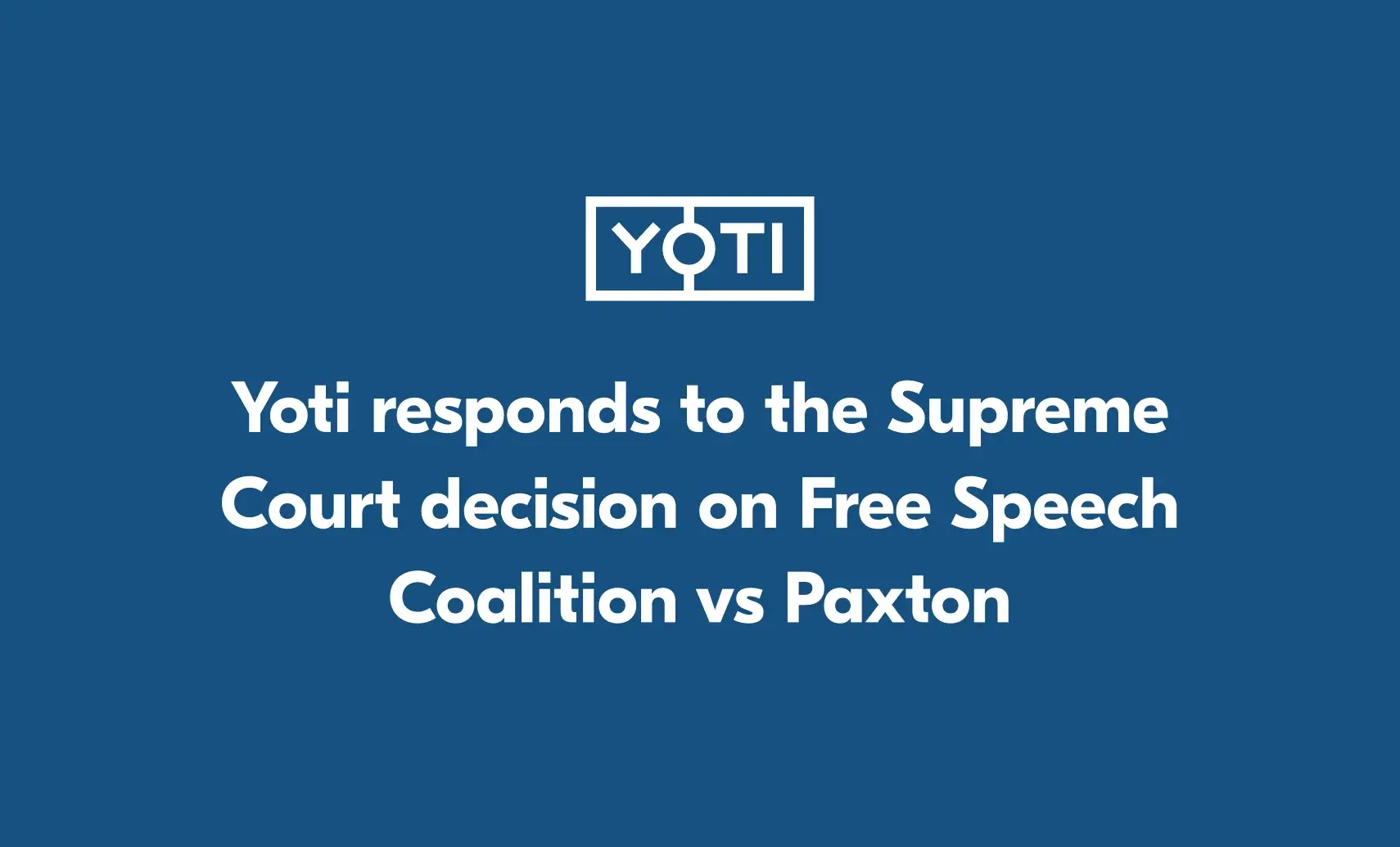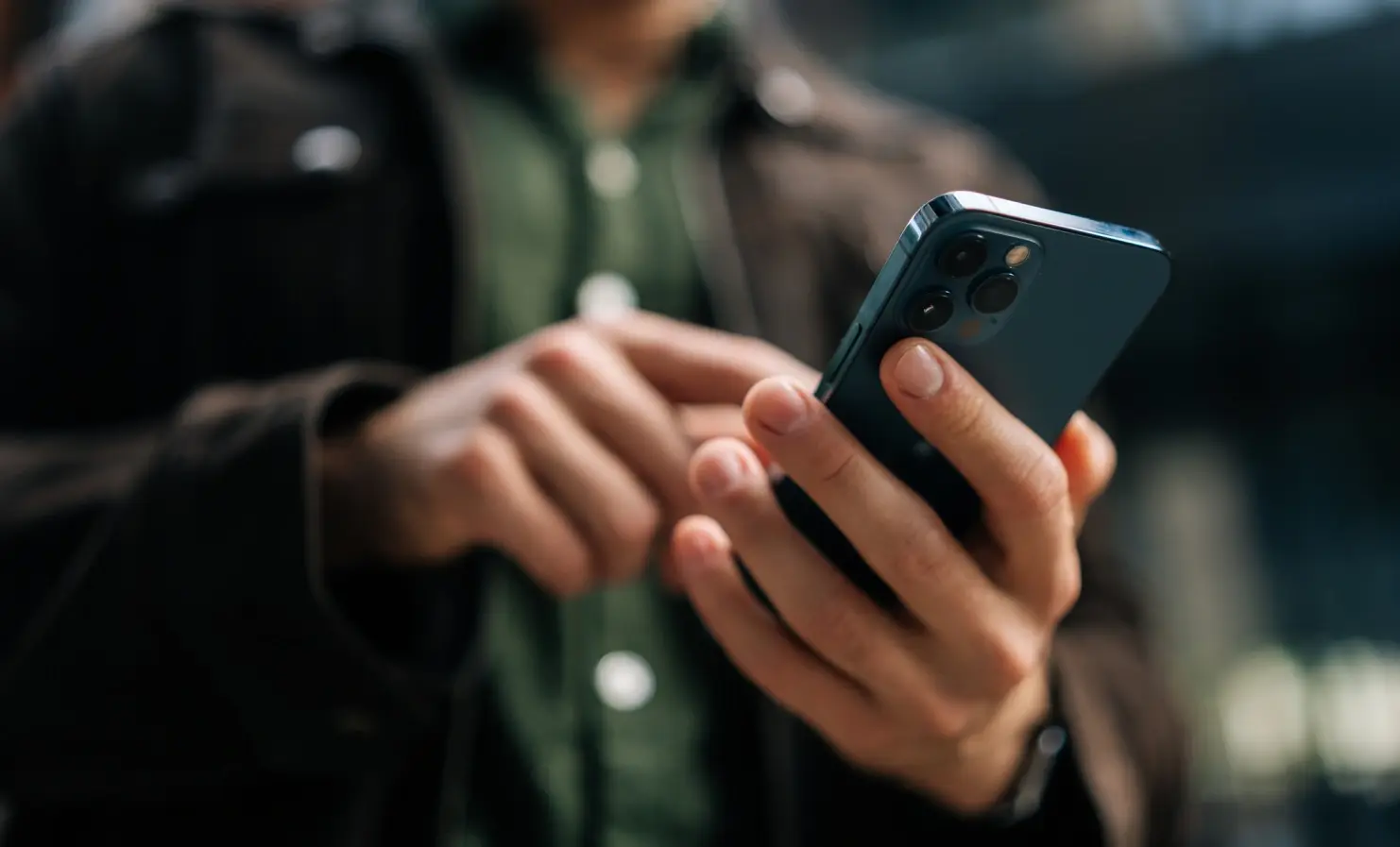
The question of whether states can require age checks on adult websites has reached a turning point in the US courts.
In Free Speech Coalition v. Paxton, the case challenged Texas’s H.B. 1181 law, which required commercial websites that publish sexually explicit content to verify the ages of their visitors to prevent minors from accessing pornography. One of the big discussion points has been whether, in 2025, it is still too burdensome for US adults to prove age privately compared to 20 years ago – especially when privacy-preserving age verification tools have advanced significantly.
The Supreme Court has upheld the law, stating it only incidentally burdens adult access to pornography, finding it to be a legitimate child protection measure rather than a violation of free speech. Under this ruling, adults will still be able to access adult content online – but only after verifying their age, which is a common practice in various age-restricted contexts.
Julie Dawson, Chief Regulatory and Policy Officer at Yoti said, “Today the United States Supreme Court recognized that the online world needs to follow the same rules that apply to brick-and-mortar stores, especially when it comes to pornography. The Texas law before the court, which required commercial websites that publish sexually explicit content to verify the ages of their visitors, was upheld as constitutionally permissible, and states have the power to require age verification to prevent children from accessing sexually explicit content.
We welcome this landmark decision, which not only affirms the constitutionality of age verification laws like HB 1181, but also acknowledges how far age assurance technology has come: it is now fast, accessible, privacy-preserving, and legal in the United States.
As more US states and international jurisdictions consider online safety regulation, this judgment is likely to have a ripple effect far beyond Texas.
Effective age assurance is now an essential tool for creating safer digital environments. Well-designed systems uphold age requirements and enable age-appropriate design – all without restricting lawful adult access or compromising user privacy. In many cases, users can simply share an age band like ‘over 18’ without revealing any personal details.
Age assurance is no longer theoretical. It is tried, tested, and widely adopted – with over a billion age checks taking place annually across the globe.
We encourage other lawmakers to consider the Supreme Court’s judgement and explore privacy-first approaches to online safety. With thoughtful regulation and proven technology, we can protect children, preserve privacy, and foster trust in the digital world.”
*****
Online age checks are not about excluding people from accessing legal content. It’s about protecting children from seeing content that’s inappropriate for their age. So adults will be able to safely access age-restricted content, whilst protecting their privacy.
Yoti offers effective, privacy-preserving tools like facial age estimation, Digital ID wallets, and reusable age tokens. These allow users to prove just their age, such as over 18, without sharing their identity or any other personal details.
Get in touch to find out more about our privacy-first age solutions.




